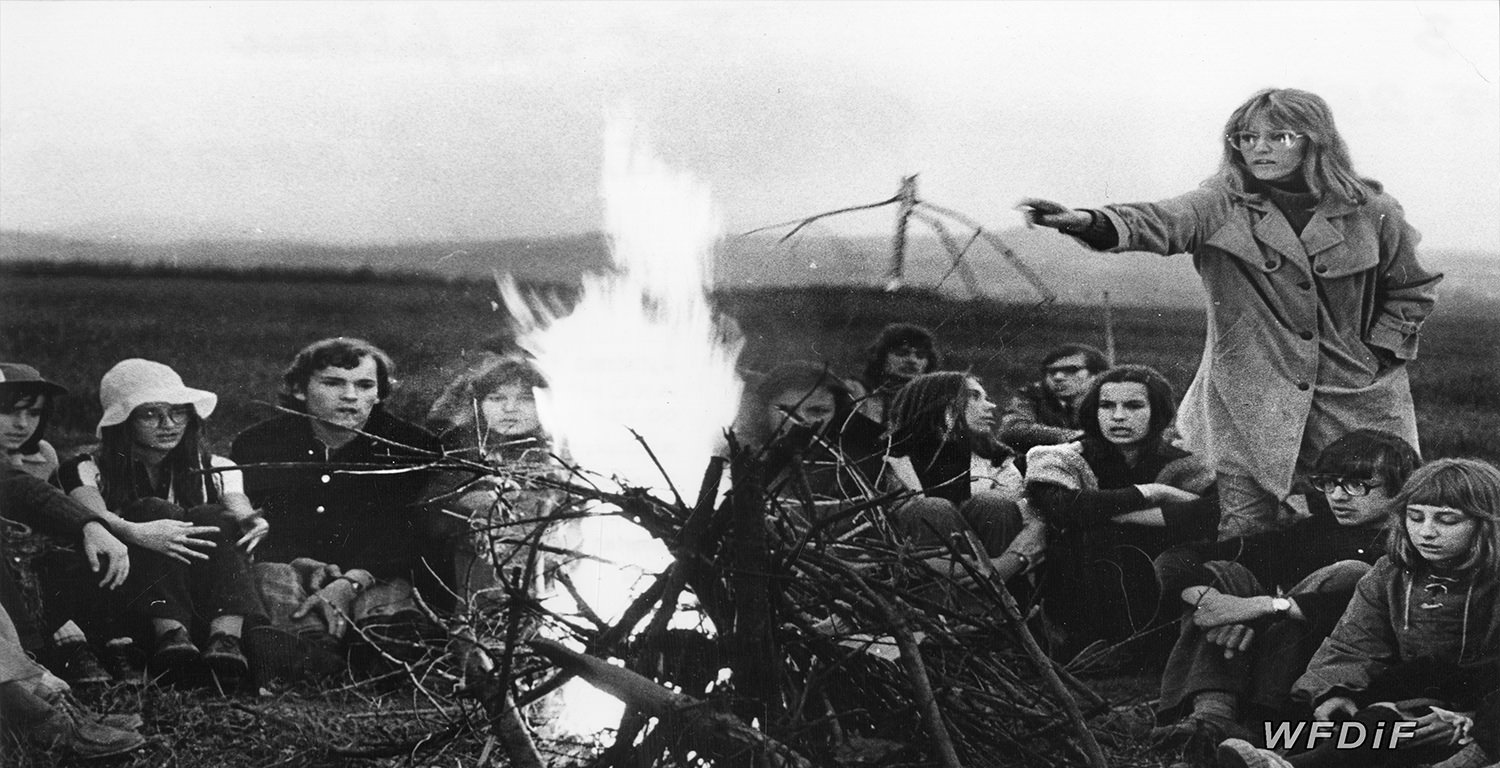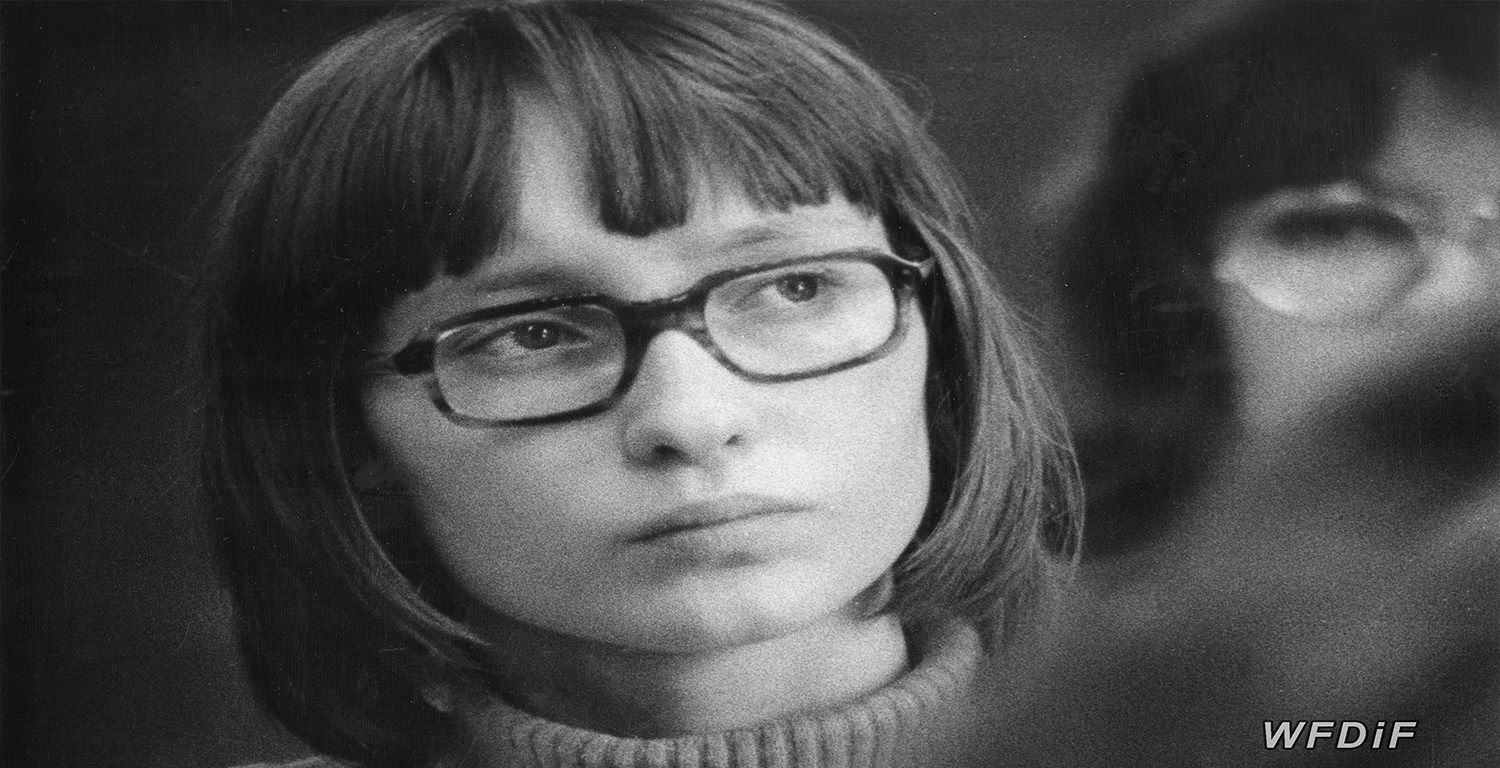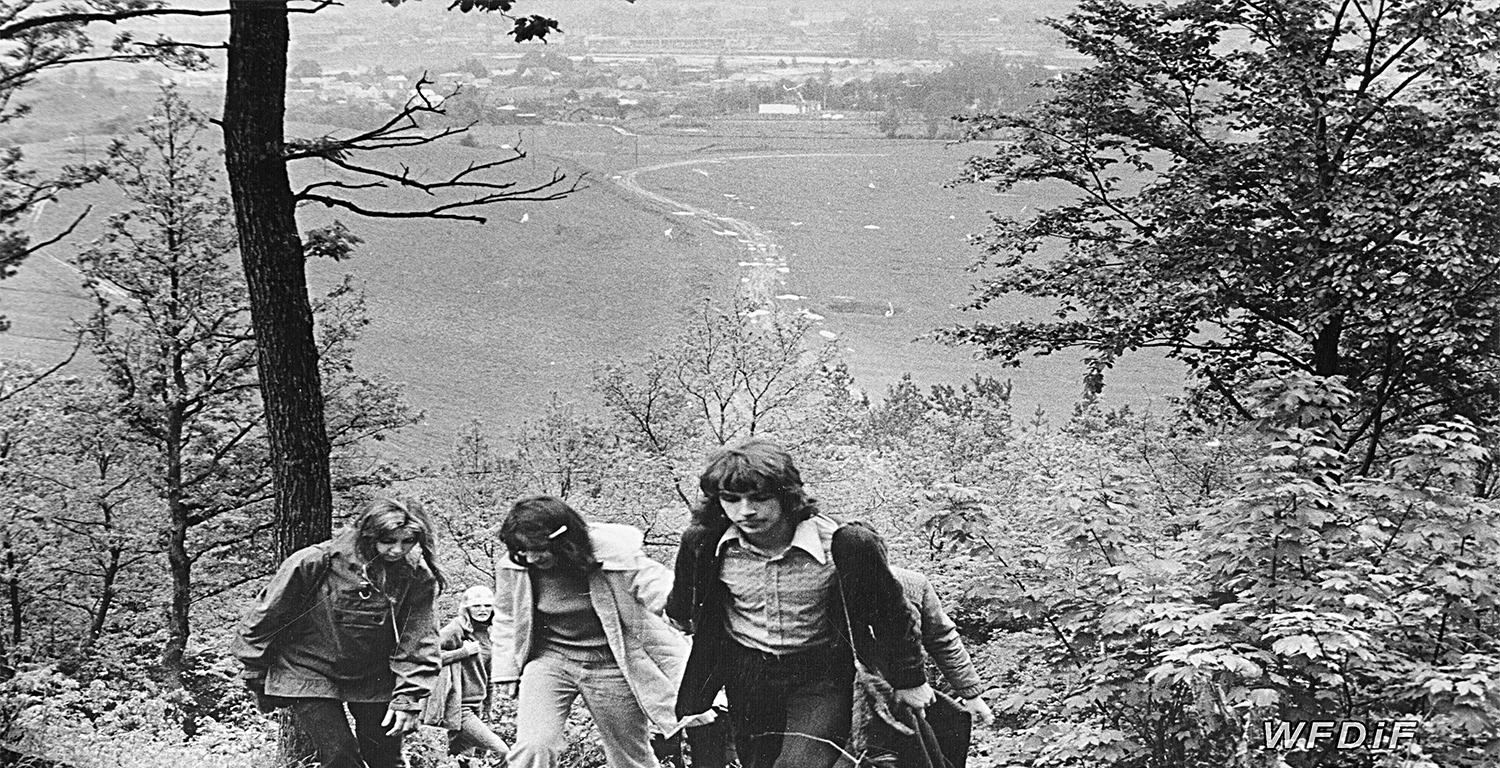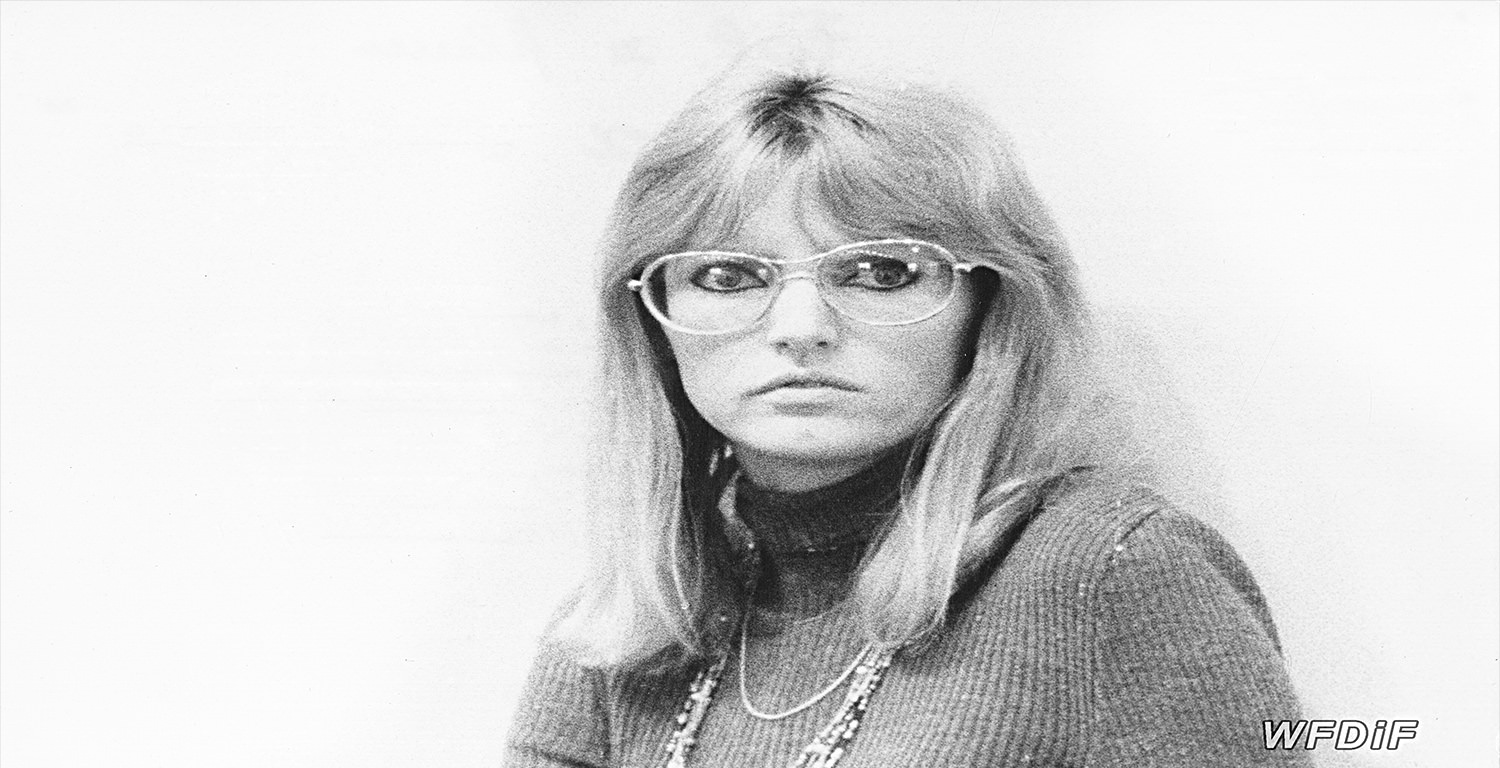This short look at first-year high school students starts with a montage of still photos of teenagers. This outsider perspective is soon replaced with a much more intimate examination of the mindsets of the young.
The camera visits a classroom to show a girl writing on the blackboard. We see chalk letters coming together to reveal the subject of the lesson, which is to discuss the universal message in a classic work of the poet, Ignacy Krasicki (1735-1801).
The director then observes the students discussing Polish traditions around drinking alcohol. They often refer to examples from the nation’s history. To expose their enthusiasm for an intellectual, analytical exchange, the camera focuses on several talking heads.
When the students start discussing ‘ideals’ and dreams, their conversations become more contemporary. In the rest of the film, the teenagers and then their parents articulate their opinions.
Although any reference to the 1970s Communist propaganda is never overtly stated, the parallels between the country’s politics and the circumstances of teenage conflicts and ambitions become quite conspicuous. Rather than openly stated, several concealed political comments about resistance to unjust, abusive or untruthful authority are disguised as teenage problems.
This veiled criticism of the regime’s operations turns First Class into a survey of political moods among teenagers and their parents. The class becomes a micro-nation, where divided views on potential change or future actions are all rooted in an awareness that the ‘all is well’ illusion, as sold by the government to the masses, doesn’t quite match the reality. One of the students even says: ‘You can’t tamper with the truth’.
Although the people in the film articulate some strong opinions, Kwiatkowska doesn’t attempt to influence her viewer’s interpretations. This is why she leaves the students as quietly as she entered their classroom. In the end, we again watch some still photos of the teenagers, as if we’d never heard their conversations.
 RETURN TO Irena Kamieńska First Class
RETURN TO Irena Kamieńska First Class Read More
Read More View images
View images More films
More films




